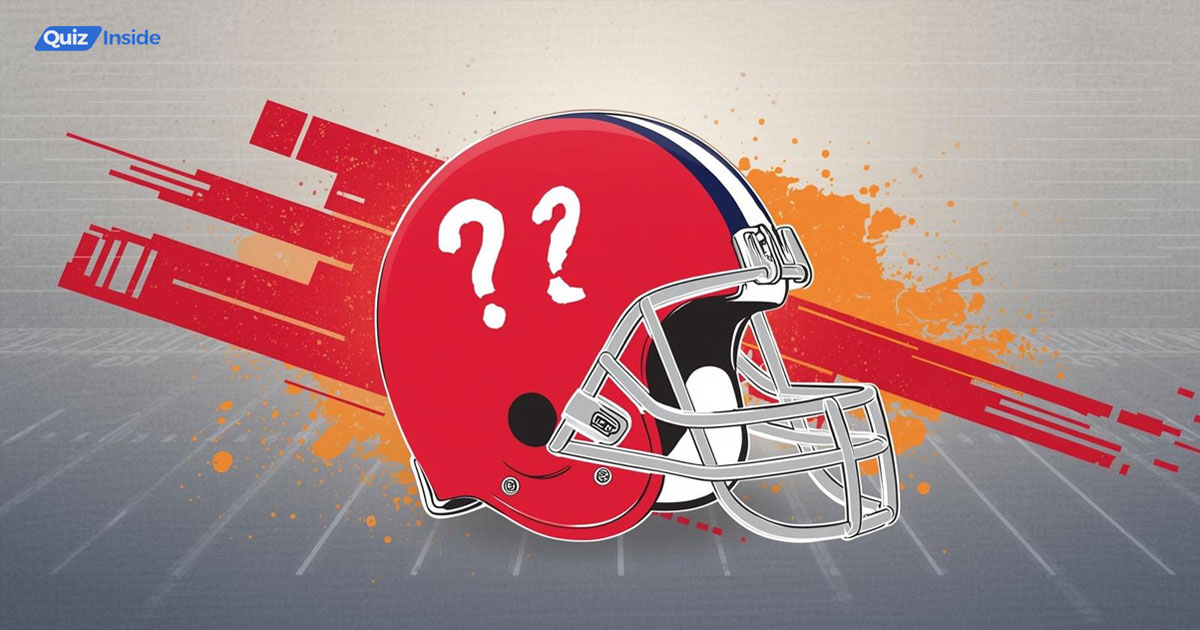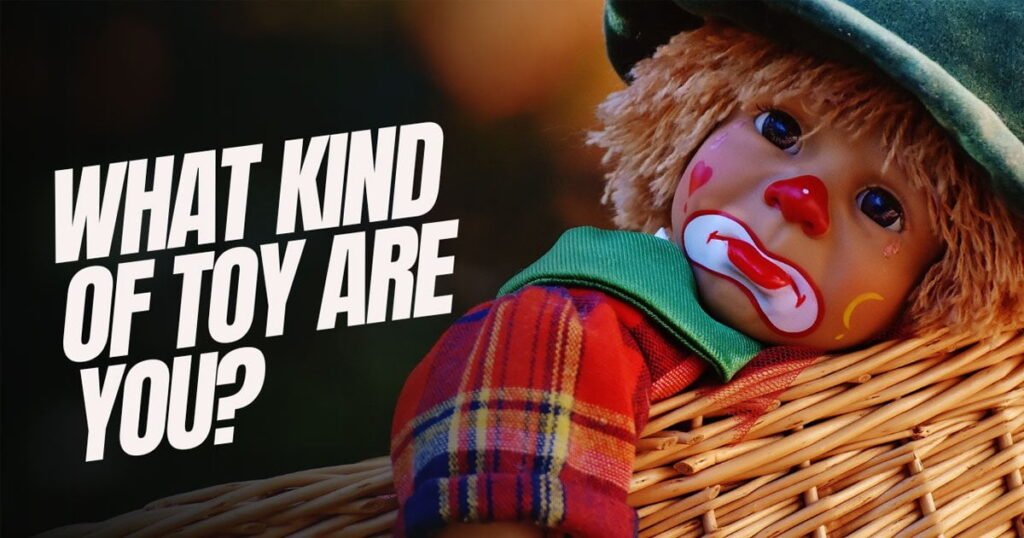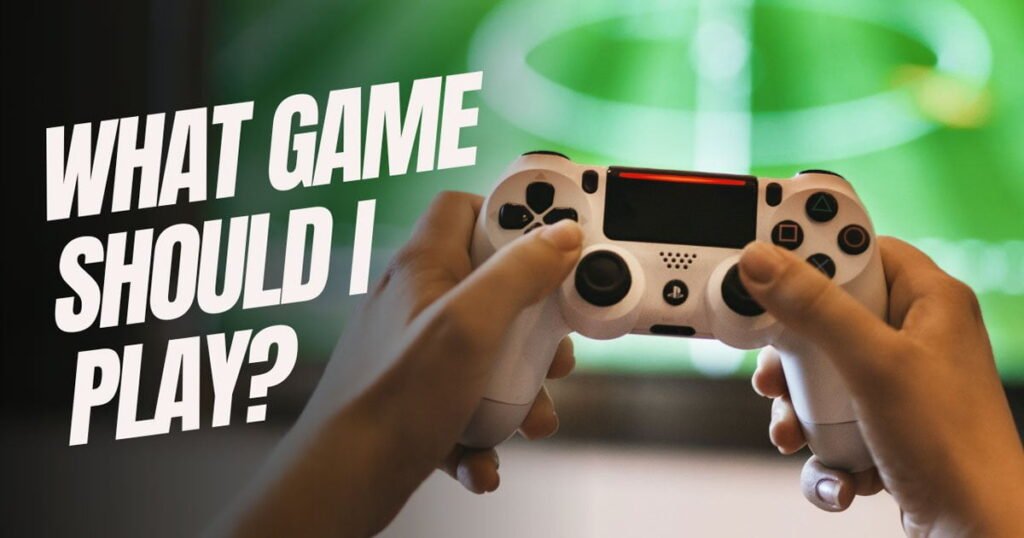An NFL logo quiz is a trivia challenge that tests a fan’s knowledge of the iconic symbols and designs representing the league’s 32 teams, often delving into their history and evolution.
Results
Well Done, You Passed the Quiz! 🏆
Your knowledge really shines! You nailed those questions and proved you’ve got what it takes. Keep playing more quizzes to challenge your brain, learn fun facts, and stay on top of your game. Ready for the next challenge? 🚀✨
Don’t Worry, You Can Try Again! 💪
You missed a few this time, but every attempt makes you sharper. Learn from the answers, give it another shot, and you’ll crush it next time. Keep going—success is just one quiz away! 🚀
#1. Which NFL team’s logo features a blue star?
#2. Which team has a logo with a pirate flag and a football?
#3. The Green Bay Packers’ logo is a simple letter “G.” What color is it?
#4. Which NFL team’s logo features a bird with a red beak?
#5. The Denver Broncos’ logo features which animal?
#6. Which NFL team uses a lightning bolt as its logo?
#7. The New Orleans Saints’ logo is which French-inspired symbol?
#8. The Miami Dolphins’ logo features a dolphin with what accessory?
#9. Which NFL team has a logo shaped like a horseshoe?
#10. The Minnesota Vikings’ logo shows a Viking with what color helmet horns?
#11. Which team’s logo is a large red “C”?
#12. The Seattle Seahawks’ logo is inspired by which culture’s art style?
#13. The Houston Texans’ logo is shaped like what animal?
#14. The Philadelphia Eagles’ logo faces left, but most NFL logos face right. True or False?
For millions of people, the sight of a team’s logo isn’t just a graphic—it’s an emblem of pride, a call to action, and a direct link to memories of thrilling victories and crushing defeats. The NFL is more than just a sport; it’s a cultural phenomenon, and its team logos are the flags that unite its sprawling community of fans. From the sleek, modern designs to the classic, storied emblems that have stood the test of time, each logo tells a story. An NFL logos quiz isn’t just about identifying a picture; it’s a test of how well you know the history, geography, and spirit behind each franchise.
This isn’t a simple game of matching. It’s an exploration of how these symbols came to be, what they represent, and how they’ve evolved over decades of American football history. Whether you’re a casual fan who watches the Super Bowl or a die-hard enthusiast who knows every team’s roster, you’ll find that these quizzes are a surprisingly engaging way to celebrate the visual identity of the NFL.

The Art and Science of NFL Logos
NFL logos are a masterclass in branding. They’re designed to be instantly recognizable, evoke strong emotions, and look great on everything from a helmet to a coffee mug. A great logo is simple, memorable, and timeless. It’s a symbol that can be passed down from one generation of fans to the next.
Why Logos Matter to a Franchise
A team’s logo is its most potent visual asset. It’s what distinguishes the Green Bay Packers’ iconic “G” from the Dallas Cowboys’ famous star. But logos are more than just a brand; they are a visual representation of a team’s identity. The Pittsburgh Steelers’ logo, for instance, isn’t just three diamond-shaped hypocycloids; it’s a nod to the city’s history as a steel manufacturing powerhouse. The colors—yellow for coal, red for iron ore, and blue for steel scrap—are a direct tribute to the industry that built Pittsburgh. This deep connection to the team’s roots is what makes the logo so meaningful to its fan base.
Similarly, the New England Patriots’ “Flying Elvis” logo, which features a stylized head wearing a hat, became an instant classic. Its dynamic and modern feel helped to usher in a new era for the team in the 1990s, symbolizing a fresh start and a move away from its more traditional “Patriot” logo. The new design was a clear signal of the team’s ambition and forward-thinking attitude.
The Evolution of NFL Logos
Many of the most beloved NFL logos have undergone significant changes over the years. This evolution often reflects a shift in a team’s identity, a change in ownership, or simply a desire for a more modern look.
For example, the Miami Dolphins’ logo has changed several times. The original design featured a leaping dolphin wearing a helmet with an “M” on it, a playful and energetic symbol that captured the team’s spirit. In 1997, the logo was updated to a more aggressive, realistic dolphin. Then, in 2013, it was simplified again to a cleaner, more streamlined design. Each iteration tells a part of the team’s story.
Here’s a quick look at the evolution of a few iconic logos:
The evolution of these logos is a fascinating study in brand identity. A quiz that features old logos can be particularly challenging, testing whether you can recognize a team not by its current emblem, but by a design from a bygone era.
The Thrill of the NFL Logos Quiz
Taking an NFL logos quiz is an experience in itself. It’s a chance to prove your fandom and learn something new along the way.
Why They’re So Addictive
The appeal of these quizzes lies in their perfect blend of challenge and reward. When you see a logo and instantly know the team, there’s a satisfying “Aha!” moment. It’s a small victory that makes you want to keep playing. The questions can vary in difficulty, from the instantly recognizable logos of the Packers or Cowboys to the more obscure or historical logos that only the most dedicated fans would know.
Types of Quiz Questions
A good NFL logos quiz should be well-rounded, testing different aspects of your knowledge.
- Standard Identification: The most basic type of question. “What team does this logo belong to?”
- Historical Logos: Quizzes that show a team’s old logo and ask you to identify the franchise. This is a great way to test deep knowledge.
- Logo Features: Questions that ask about specific elements of a logo. For example, “What does the star in the Dallas Cowboys’ logo represent?” or “How many stars are on the NFL shield?” (The answer is eight, one for each division).
- Mascot Identification: Sometimes the mascot is so tied to the logo that a quiz will ask you to name the mascot. Think of the Philadelphia Eagles‘ fierce bird of prey or the Detroit Lions’ aggressive feline.
Conclusion/Final Words
From the fierce creatures to the historical nods, NFL logos are more than just pictures—they are a crucial part of the league’s identity. Taking an NFL logos quiz is a fun and engaging way to connect with the sport, test your knowledge, and appreciate the artistry behind these iconic emblems. It’s a chance to celebrate the rich history and vibrant culture of American football, one logo at a time. So, are you ready to put your knowledge to the test?
Frequently Asked Questions (FAQ)
Q1: What is the oldest NFL team logo still in use? A: The Green Bay Packers’ “G” logo, which was introduced in 1961, is one of the oldest and most iconic logos that has remained largely unchanged.
Q2: Why are some logos considered more iconic than others? A: Iconicity is often tied to a logo’s simplicity, longevity, and its deep connection to the team’s history and fan base. The Dallas Cowboys’ star, for instance, has become a symbol of both the team and the state of Texas.
Q3: Do NFL logos have to be approved by the league? A: Yes, all team logos and uniform designs must be approved by the NFL to ensure they adhere to brand guidelines and maintain a consistent look across the league.
Q4: Can a team change its logo at any time? A: A team can change its logo, but it’s a significant process that often involves a lengthy design period, league approval, and extensive fan feedback. Major logo overhauls are often tied to new stadiums, ownership changes, or significant rebrandings.
Q5: What is the purpose of the NFL shield logo? A: The NFL shield is the official league brand. It represents the collective identity of the NFL as a whole, a symbol of authority, tradition, and patriotism. Since 2008, its eight stars represent the eight divisions of the league.
Q6: What is a “throwback” logo? A: A throwback logo is a past version of a team’s emblem that is brought back for special occasions, such as a commemorative game. These are often popular with fans who enjoy a nostalgic look.







